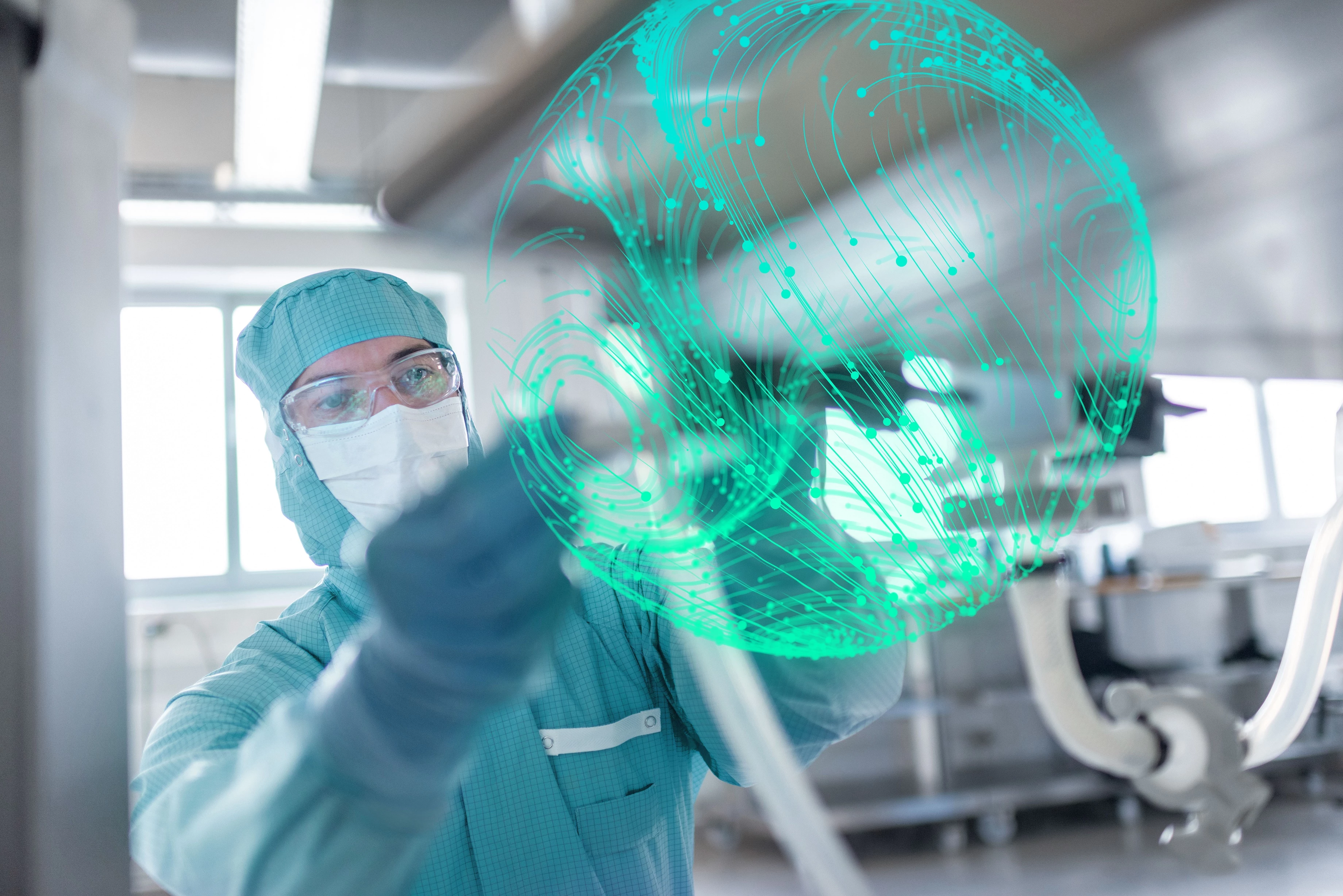
Siemens biopharmaceutical study identifies ‘digitalisation’ as key to sector growth
A Siemens commissioned study has identified the UK and Irish biopharmaceutical sector’s key areas for priority investment in digitalisation, with the challenges of time to market and making sense of large amounts of data running as a constant thread.
The independent research engaged 31 “key players” in the UK and Irish biopharmaceutical sector to discover key areas for business improvement. The study was conducted between late 2019 and early 2022, covering the period affected by the global pandemic.
The key findings indicate that digital transformation in biopharmaceuticals is expected to pick up speed across the rest of the decade, with an increasing gulf likely to open up between “leaders and laggards”.
Translating digitalisation into value for Pharma and Life Sciences manufacturing remains a key focus for many but the challenges of speed and efficiency need to be addressed with urgency, according to Siemens.
The respondents also agreed that ‘Big Data’ and data analytics are crucial for driving quality and efficiency, but it is vital to convert infinite data into valuable insight through solutions like BioMAC from Siemens and the National Institute of Bioprocessing Research and Training is helping organisations to translate data into “actionable” information.
The findings also reveal that with much of pharmaceutical manufacturing still employing heavy use of paper-based records, the adoption of electronic batch records can help streamline process operations, improve regulatory compliance and reduce operational costs.

Andrew Matthews, head of pharmaceuticals, Siemens, commented: “The concept of a Digital Twin for pharma and life sciences is regrettably not widespread.
“At a recent ISPE event, it surprised me that only about a fifth of the audience had heard of a Digital Twin, which means many have likely never heard of Industry 4.0 or Pharma 4.0! This short research underlines areas for consideration as identified from the wider industry and is designed to spark further discussion.”

Adrian Abbotts, business development manager for Cell and Gene Therapies, Siemens, added: “Working with our customers to understand their challenges, we have mapped out the sector’s business demands and aligned our solutions to mitigate them.
“Patients, products, pace of change and performance are areas of focus for our clients as they try to comprehend global influences such as changing demographics, new manufacturing techniques, tech transfer, supply chain complexity and outsourcing.”
By Matthew Neville – Correspondent, Bdaily
- Add me on LinkedIn and Twitter to keep up to date
- And follow Bdaily on Facebook, Twitter and LinkedIn
- Submit press releases to editor@bdaily.co.uk for consideration.
Looking to promote your product/service to SME businesses in your region? Find out how Bdaily can help →








 Putting in the groundwork to boost skills
Putting in the groundwork to boost skills
 £100,000 milestone drives forward STEM work
£100,000 milestone drives forward STEM work
 Restoring confidence for the economic road ahead
Restoring confidence for the economic road ahead
 Ready to scale? Buy-and-build offers opportunity
Ready to scale? Buy-and-build offers opportunity
 When will our regional economy grow?
When will our regional economy grow?
 Creating a thriving North East construction sector
Creating a thriving North East construction sector
 Why investors are still backing the North East
Why investors are still backing the North East
 Time to stop risking Britain’s family businesses
Time to stop risking Britain’s family businesses
 A year of growth, collaboration and impact
A year of growth, collaboration and impact
 2000 reasons for North East business positivity
2000 reasons for North East business positivity
 How to make your growth strategy deliver in 2026
How to make your growth strategy deliver in 2026
 Powering a new wave of regional screen indies
Powering a new wave of regional screen indies